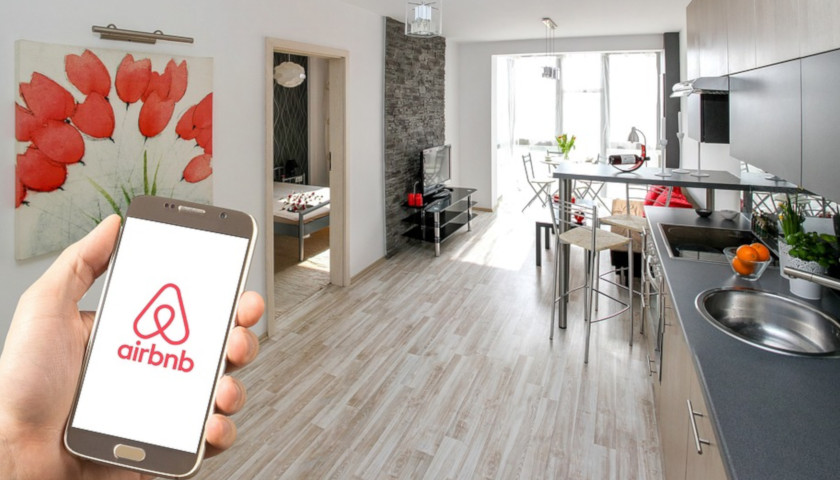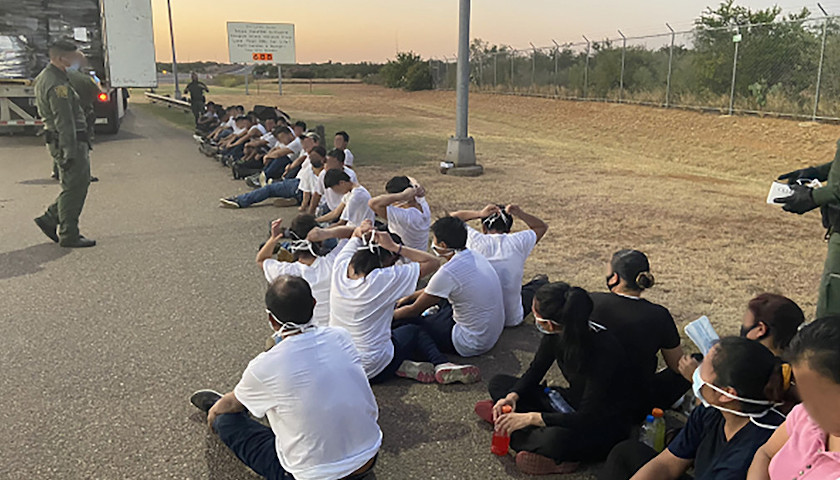by Scott McClallen
The city of Ann Arbor is gathering community input on issues around home-sharing services like Airbnb so they can draw up solutions, Council Member Elizabeth Nelson, D-4th Ward, told The Center Square.
Nelson said residents have reached out to her with concerns.
“We learn a lot from listening to each other, but there is still a lot that we do not know re: the impact of short term rentals on our community,” Nelson wrote in her newsletter.
The city hired Carlisle Wortman Associates Inc., a consulting firm based in Ann Arbor, to collect data and study regulatory options.
The firm indicated about 1,400 properties in Ann Arbor were used for short-term rentals from July 2018 to July 2019, 131 of which were rented out for at least 150 days out of the year.
Past Airbnb complaints include pricing locals out of the market, inviting party houses with absent landlords, and spoiling local culture.
Nick Zaiac, a commercial freedom fellow with R Street, a nonprofit, nonpartisan research organization, told The Center Square that cities across the county are discussing this topic.
Zaiac said most cities regulate retail and consumer-use building space through zoning laws because people living in residential areas often butt heads with commercial businesses.
Airbnb blurs that line, Zaiac said.
Some nuisances stem from parties and other events such as weddings, in which residents return home in an inebriated state or park cars illegally, Zaiac said.
The problem overshadowing many of these nuisances are zoning laws, Zaiac said, which have led to higher rent and restrict the number of hotel rooms, so visitors find alternatives.
Zaiac said consumers choose home-sharing instead of hotels because Airbnb provides a more authentic experience of that city, whereas a hotel offers a more homogenized experience.
“If you want to go to Ann Arbor and get a Michigan feel, living in a traditional Michigan house because you’re not from Michigan, you get an Airbnb,” Zaiac said.
Other cities have enforced ordinances requiring Airbnbs owned by the same person to be a certain number of feet away from each other so property owners can’t create ad hoc commercial districts in the middle of residential areas.
“It should be more or less a situation where you’re broadly allowing home-based businesses, but can include Airbnb, home-based accountants, dentists, and other small businesses,” Zaiac said.
Onerous zoning restrictions repel tourists from visiting and spending money, Zaiaz said, adding that there’s little difference between traditional, year-long college student housing and short-term home-sharing.
– – –
Scott McClallen is a staff writer covering Michigan and Minnesota for The Center Square. A graduate of Hillsdale College, his work has appeared on Forbes.com and FEE.org. Previously, he worked as a financial analyst at Pepsi.





